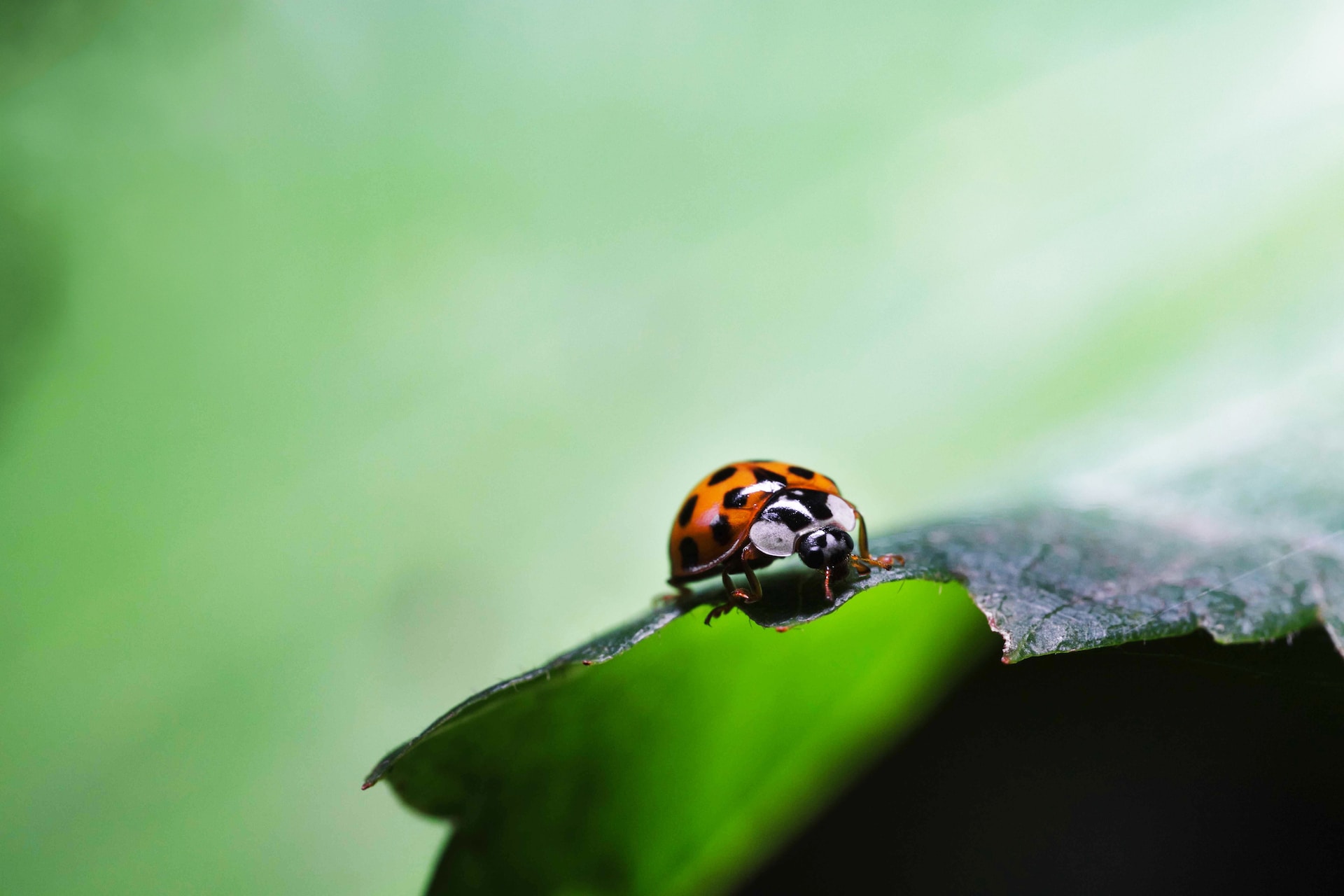As nature enthusiasts, we understand the importance of maintaining a healthy ecosystem where wildlife can thrive. One way to ensure a sustainable environment is to opt for natural pest control methods that can help balance the eco-system and promote the wellness of various wildlife. Let’s dive into ten incredible natural pest control methods that can assist the nature we adore.
Introduction of Predatory Insects
Who said all insects are pests? Some, like ladybugs, lacewings, and hoverflies, are efficient predators of harmful pests. These miniature carnivores play a significant role in pest management, hunting down and consuming pests that may otherwise hinder plant growth. Rather than resorting to synthetic pesticides, release these predatory insects in your garden or farm. It is a natural solution that encourages diversity and helps maintain a robust ecological balance.
Companion Planting
Did you know, some plants, when grown together, can deter pests naturally? This strategy, known as companion planting, works by emitting scents that repel harmful pests or attract beneficial insects. For instance, Planting marigolds with your vegetables can deter nematodes and other insects. Another example would be planting dill or parsley to attract beneficial insects such as wasps and hoverflies, effective predators of harmful pests.
Habitat Modification
Altering the local environment can dramatically impact the survival of pests. Measures like eliminating standing water, clearing debris, or encouraging wildlife that feed on these pests can disrupt pests’ life cycles, reducing their numbers. Opt for natural barriers or traps, such as birdhouses or bat boxes, that attract native predators. Such ecological pest management strategies assist in natural, sustainable pest control.
Biological Pest Control
Another effective pest management method involves the use of pathogens, parasites, and predators to control pests. Introducing disease-causing organisms into the pest population can be highly effective. Additionally, using parasites that lay eggs within pests can control their population. This method uses nature’s own mechanisms to control pests, thereby ensuring minimal harm to the ecosystem.
Use of Beneficial Insects
Beneficial insects are nature’s own pest control agents. They either feed on pests, as predatory insects do, or parasitize them, eventually leading to their demise. Insects like ladybugs, lacewings, and parasitic wasps play a crucial role in controlling garden pests. Encouraging these beneficial insects in our yards goes a long way in maintaining a balanced and thriving ecosystem.
Organic Pesticides
There are instances where pesticide use may become necessary. In such cases, organic pesticides can be highly effective. Made from naturally occurring substances, organic pesticides are safer for the environment and humans alike, as they degrade faster and are less likely to accumulate. They include substances like neem oil, garlic, and vinegar, which are just as effective, if not more, than synthetic counterparts.
Diatomaceous Earth
Diatomaceous Earth, composed of the fossilized remains of tiny algae, is a natural pesticide that works by puncturing pests’ exoskeletons, causing them to dehydrate and die. It’s an eco-friendly way to control pests like ants, fleas, and various garden pests. However, care should be taken as it can also harm beneficial insects if they come into direct contact with it.
Rotating Crops
Crop rotation is a natural pest control method that has been used by farmers for centuries. By changing the crops planted in a particular plot each year, farmers can disrupt the lifecycle of pests that specialize in specific plants. This way, pests can’t establish permanent residence, resulting in a reduction of pest population.
Maintaining Healthy Soil
Lastly, healthy soil is a crucial component of natural pest control. Pests often target weak, unhealthy plants. By maintaining a nutrient-rich soil, you fortify your plants’ immune systems, helping them resist pests naturally. Regular composting, crop rotation, and cover crops are some practices that can lead to the creation of healthy, fertile soil.
By opting for these natural pest control measures, we can contribute significantly to wildlife wellness. So, let’s gear up and get our hands dirty in the soil to create a thriving ecosystem for tomorrow!

